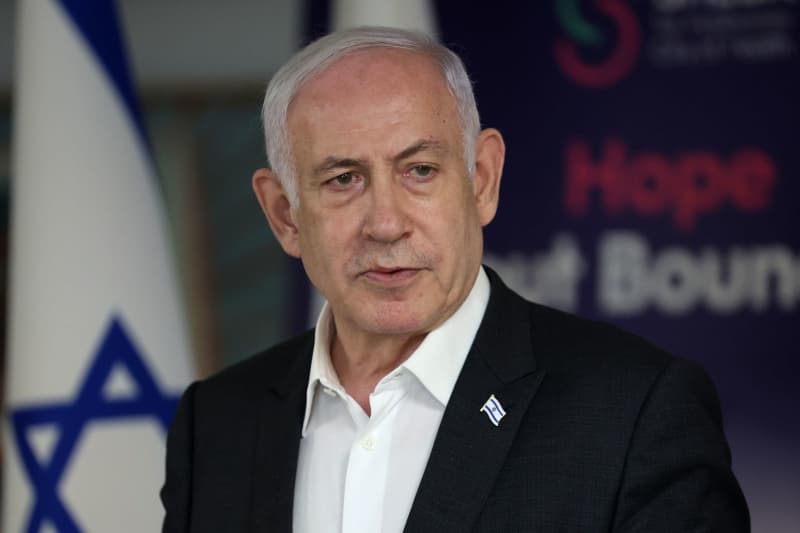The Israeli newspaper Haaretz reported that the Israeli government is set to sever communications with the publication and halt any advertising following its critical stance on the ongoing conflict in Gaza. This decision, allegedly approved by Prime Minister Benjamin Netanyahu, has not yet been officially confirmed by his administration. The development underscores the tense relationship between the Israeli government and media outlets that challenge its policies, particularly regarding the treatment of Palestinians.
This situation escalated after a speech made by Haaretz’s publisher, Amos Schocken, during a London event last month, where he strongly condemned the Israeli government’s actions. Schocken characterized these actions as creating a “cruel apartheid regime” over the Palestinian populace, drawing attention to the plight of Palestinians. He also referred to individuals labeled as “terrorists” by Israel as “Palestinian freedom fighters,” indicating a significant critique of the Israeli narrative surrounding the conflict.
Haaretz has a longstanding reputation for opposing Netanyahu’s policies, frequently highlighting issues related to human rights and the implications of military actions in Gaza. The newspaper’s editorial line has often been at odds with the government, especially in terms of how Israel’s military actions are framed within the broader context of the Israeli-Palestinian conflict. This history of dissent has positioned Haaretz as a voice for more progressive stances on these contentious issues.
Information Minister Schlomo Karhi has been particularly vocal in calling for a government boycott of Haaretz, labeling its content as “defeatist and false propaganda.” This rhetoric indicates a broader trend within Israeli politics where dissenting voices, especially from the media, are increasingly targeted and delegitimized. The government’s response to criticism reflects an inclination towards suppressing opposition narratives that contradict official positions on security and national identity.
The implications of this proposed government ban on communication and advertising with Haaretz could be far-reaching, affecting press freedom in Israel and encouraging self-censorship among other media outlets. The move could signal to journalists and publications that dissent or critical reporting may incur governmental backlash, thus creating a chilling effect on the broader media landscape. This sets a concerning precedent in a democracy where freedom of the press is a fundamental principle.
In summary, this situation encapsulates the fraught dynamics between the Israeli government and critical media, particularly in the context of the Gaza conflict. Haaretz’s criticism of Netanyahu’s policies not only draws attention to the humanitarian issues in the region but also highlights the risks involved in journalistic integrity in a politically charged environment. As the Israeli government navigates challenges both internally and externally, the treatment of dissenting media is a crucial aspect of the ongoing discourse around democracy, freedom of expression, and human rights.

